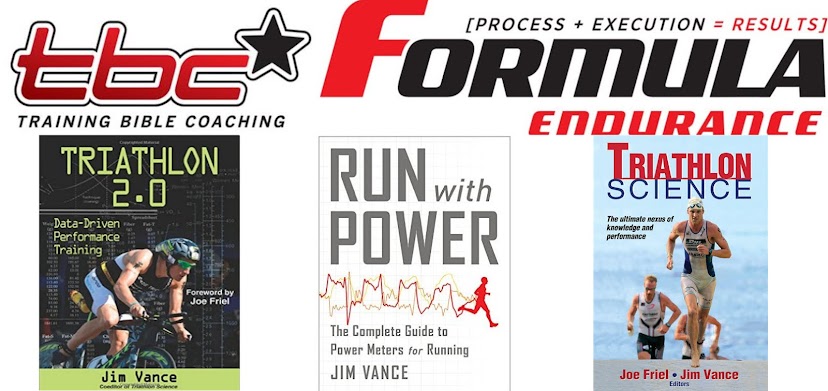If you’ve been reading this blog, you know I have a tendency to repeat myself. Here it is again. Racing is mental, especially when it comes to long course racing. It’s one of the biggest reasons I retired, mentally I didn’t have what it took anymore.
In long course racing, you have to keep your cool, mentally and emotionally, riding the highs and lows. You have to have mental discipline. You can’t get all excited in the highs and make stupid decisions, taking needless risks. You have to be very calculated in your maneuvers. When things aren’t looking good, you have to be clear headed, and get thru it, trusting your plan and preparation.
This past weekend I went to Ironman Florida and witnessed an athlete of mine have a performance which was the epitome of mental discipline. Scott Iott suffered a broken collar bone in May, and missed about 6 weeks of training. The challenge was not easy to prepare for Florida with that injury, early in the game. But he stuck to the training, stayed consistent, day in and day out.
On Saturday, Scott came out of the water with a 1:03 swim. Not great, but still right at his best ever, (we’ll continue working on this). He didn’t panic or get all excited, he just stuck with the plan. He went onto the bike and started rolling, checking his watts.
About 20-30 mins into the bike, his power meter began shutting off on its own. No guidance. He had to go by feel most of the time. Kept his cool, strolled in 6th off the bike in his age group, (Men 30-34), in 4:47:18, just as we had hoped. He was quick in T2, under 2 mins, and out on the run course.
He had no idea where he was at place-wise in the first mile, but he didn’t worry about it, he knew it was my job to tell him that. His job was to find his rhythm, and go with it. The goal was sub 3 hours, and that meant just running sub-7’s for each mile. First mile, 6:40. In fact, every mile in the first 10 miles of the marathon was between 6:40 and 6:45. Cool, calm and collected.
Add to this the fact he was passed in the first few miles and saw an athlete in his age-group begin to put a gap of nearly 2 minutes on him. Didn’t matter, 6:40’s and change. He brought him back in the second loop. At mile 14 and 15, the gap between 1st and 3rd place was only 20 seconds in his age-group! He and his competitors were well aware, because I was telling them all this. The leader was then a different athlete who had come from behind Scott and pulled away to nearly one minute. It didn’t phase him. He was steady at 7:00’s on the second lap, like a machine.
Scott would catch the leader at the far turnaround and lead the race into the final mile, where Sergio Dias’ was able to finally catch him, and take home the win with an excellent 2:54 run split. Scott’s marathon time, 3:02:02. 1:28, 1:34 for each half. Very solid. Total time, 8:59:48, 22nd overall, 2nd in AG, and 5th AGer overall. His best finish time and place yet. Congrats to Scott. A testament of what mental discipline is in a race.
Scott will return to the Big Island of Kona again next October, ready to improve on his 8th place in his AG at Kona last year, and I expect his venture into the 35-39 AG will be a fun challenge for us both.
He has the mental discipline required to perform well there. He continues to prove that.
Coach Vance

